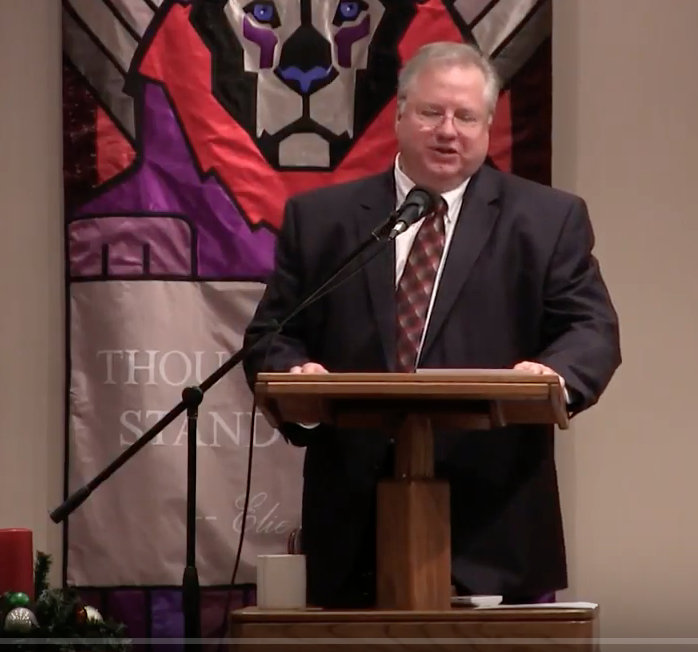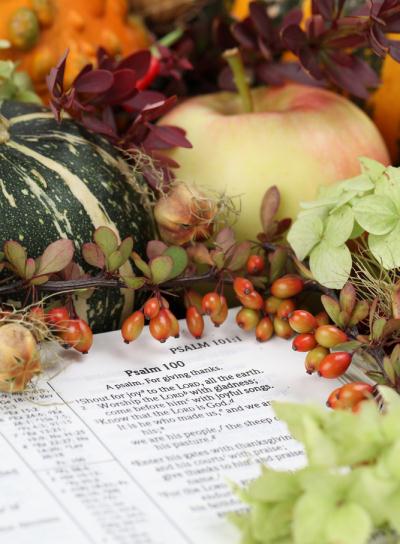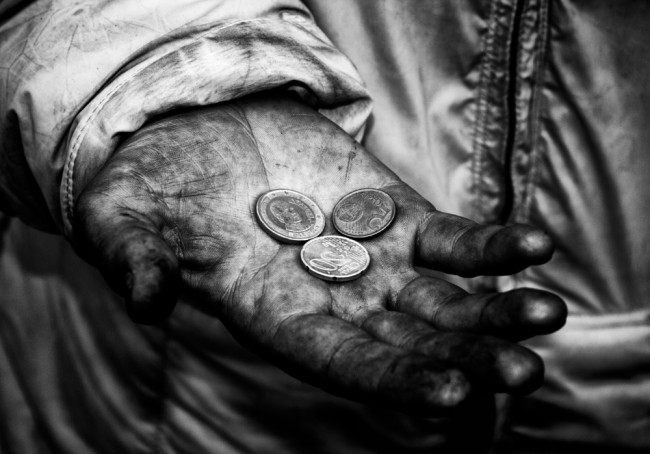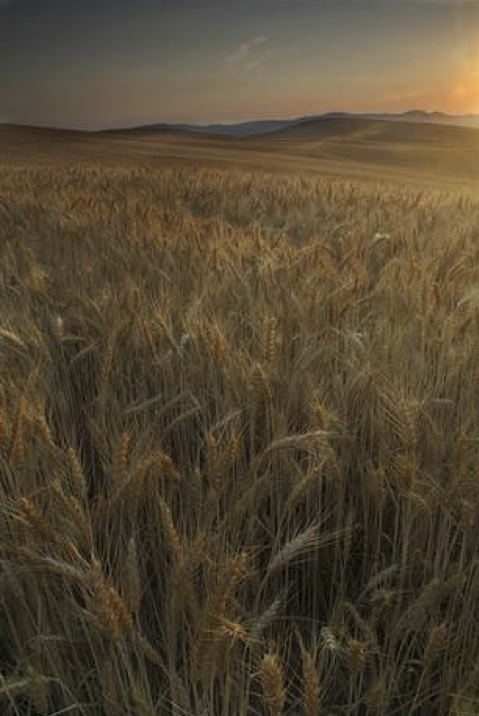Sermon: Rev. Mark Sandlin Presbyterian Church of the Covenant - www.athinkingchurch.org Music: Bruce Piephoff
It was our Indigenous compassion for the suffering of other human beings that led to what is today called Thanksgiving Day. After a brief interlude of 54 years of peace with the Pilgrims, the rest of the 500-year colonization process of the Indigenous peoples across the Americas included physical and cultural genocide, and were vicious, cruel, violent, and deliberately carried out to “kill the Indian and save the child.” This phrase refers to the process of completely assimilating Indigenous children so that no trace of the “Indian” was left. This was the purpose of the “Indian” boarding schools in both Canada and the United States.
Thanksgiving fits neatly into the “sacred feast” of the sort of the Hebrew Passover feast. Thanksgiving ties us to American history, family history, and religious devotion while denying actual history, especially as it relates to the relationship between Native Americans and the northern European invaders who stole their land and tried to extinguish their culture while killing off most of their population. Americans need to come to an honest awareness of our history, both the parts we can be proud of and the parts that call for confession and penance. The past does not have to be prelude. We can choose to help create a greater America.
***“Get woke” and “Stay woke” refers to being aware of what’s going on around you in regards to racism and social injustice issues. “Woke” is the past tense of “wake,” and it refers to waking up to what's going on around us.
A Thanksgiving Reflection in the Midst of a Terrorized World
Like many others, the Thanksgiving holiday is another reason I love the autumn season. The occasion gives us the allocation of a few fleeting moments to pause and express appreciation for whatever we have, but only for the time being. In a world either terrorized or abused by those who have little regard for it, it has become downright dangerous and nearly complicit, to encourage the illusory notion of any sweet by-and-by; expecially for those who can’t seem to wait for it. If there is to be any knockin’ on heaven’s door, the place is always here, and the time is always now. Since none of us can imagine with any certainty whatsoever that unknown reality from whence we have all come, all we can really know is what is. And, considering all those most authentic, very earthy and non-religious parables Jesus used to try to describe a “reign of God” – or, if you prefer, “kingdom of heaven” – they all seemed to be very much of this earth, and the stuff of daily life. I do not believe in any afterlife of my own. And I’m done with any notion of a heaven that is anywhere else than on the face of this earth; with whatever we make of it, and for the time being. The poet, Robert Browning, once wrote, “Ah, but a man’s reach should exceed his grasp, or what’s a heaven for?” The painfully obvious fact that we have so utterly failed to grasp such a paradise, does not yet mean we should hold back our reach of it.
... it helps us to remember and respect the struggles that not only this nation’s foremothers and forefathers endured, but it also helps us to remember and respect the present-day struggle Syrian refugees face as well as the ongoing struggle our Native American brothers and sisters face everyday - and particularly on Thanksgiving Day.
As we gather to celebrate Thanksgiving this week in the USA we should not forget that our “well governed” nation has reason to be ashamed of our tolerance of poverty.
A Commentary for Thanksgiving in an Age of Anxiety
American retailers have essentially pre-announced that the annual Thanksgiving observance -- when we presumably pause to gratefully remember everything we have -- has been cancelled so bargain shoppers can get an even earlier jump-start on their holiday shopping for all the things we don’t have yet. Meanwhile, halfway around the world a typhoon of record proportion hit landfall only a few weeks ago; nearly wiping an island nation off the face of the earth, and leaving those who survived with virtually nothing. Then last week an unseasonable swarm of twisters flattened whole towns across the Midwest. By comparison, it all makes the plight of those first pilgrims facing the harsh realities of their first Thanksgiving in a brave new world look like a walk in the park. And, all the while, the airwaves and media have been filled with docu-dramas and documentaries commemorating the half-century mark of those events that shattered an age of relative innocence for those of us old enough to remember it; ushering in an age of extraordinary upheaval and anxiety, starting with what social critics and historians alike attribute to the assassination of JFK. Juxtaposed and taken together, these events represent a seeming un-reality that hasn’t really abated much in the last fifty years. We live in an age of anxiety. Jesus masterfully taught in the philosophical tradition known as Jewish cynicism, with such parabolic tales and quaint-sounding imagery as the “lilies of the field.” And he did so at a time and age that – while seemingly ancient to our modern way of thinking – may not have been all that different from our own anxious age. Consider then our fretful, misbegotten ways, and the wild lilies of the fields.
















